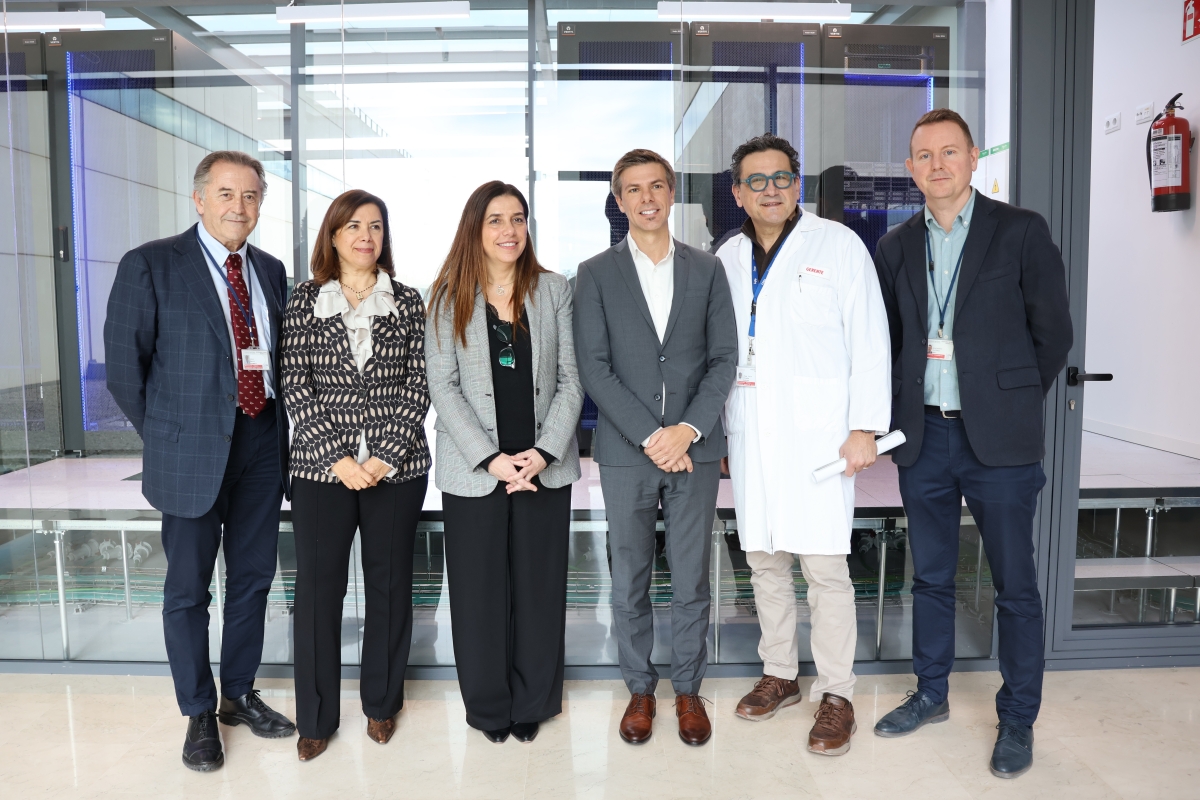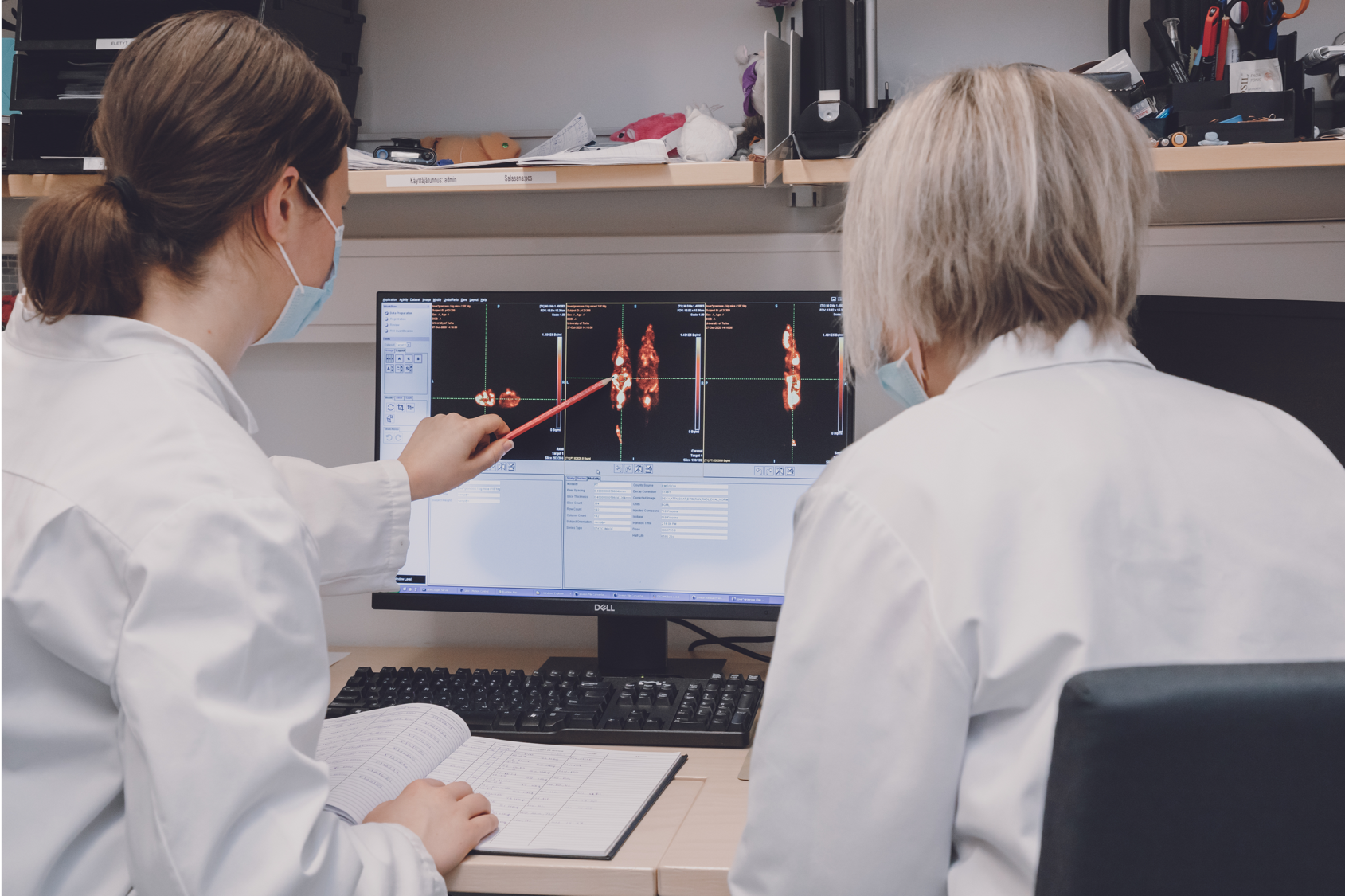
February 13, 2026
Euro-BioImaging at 3C-CoDash Hackathon
Bugra Oezdemir, our image data tools specialist from the Euro-BioImaging Bio-Hub team, had the pleasure of co-leading a session at the Data Science 3C-CoDash…
Prof. Tullio Pozzan, eminent scientist, died at the age of 73. Italy lost one of its most prominent scientists well known worldwide for his contributions to the understanding of calcium signaling (Ca2+).
Professor Tullio Pozzan was a full professor at the University of Padua, and a strong supporter in the initial phases of Euro-BioImaging. He significantly contributed to the constitution of the Advanced Light Microscopy Italian Node, of which his lab, the Laboratory of CA2+ and cAMP signaling in physiology and pathology, was a part. In addition, he held a prominent role at the National Research Council (CNR), leading the Institute of Neuroscience and the Department of Biomedical Sciences, where he has contributed to reveal the pathogenetic mechanisms of neurodegenerative diseases such as Alzheimer’s.
Prof. Pozzan was a great scientist, respected worldwide for his research on Alzheimer’s and cellular signalling mechanisms. Member of numerous scientific societies such as the European Molecular Biology Organization (EMBO), Accademia dei Lincei, National Academy of Sciences USA, Royal Society of Canada (FRSC) and Foreign Member of the Royal Society of London. Tullio Pozzan was full professor of General Pathology at the University of Padua from 1986; and directed from 1992 to 2003 the Department of Experimental Biomedical Sciences. His lively nature and rich stream of ideas never failed to engage the people around him.
Calcium signaling
Pozzan's main scientific interest has been the study of Calcium in biology and its role in second messenger systems. His interests in calcium signaling (Ca2+) began with the characterization of Ca2+ uptake and release in mitochondria. In collaboration with Roger Y. Tsien, he participated in the development of the intracellular trappable fluorescent Ca2+ indicators. In early 90s, Pozzan created a new laboratory where cell physiology was studied through imaging techniques using both advanced microscopes and physical detectors of both visible and fluorescent light that chemiluminescence quickly attracting a group of talented young doctors. He developed a revolutionary approach to the study of intracellular calcium homeostasis, and then other physiological parameters, based on the targeted directing of reporter proteins to various organelles and sub-cellular compartments with molecular biology techniques. His research group developed the first genetically encoded probes with selective subcellular localization. This new approach led to a series of discoveries on the mechanisms of calcium metabolism and in particular it revolutionized the understanding of mitochondrial role in cellular Ca2+ homeostasis.
“Most cell biologists know the probes that Prof. Pozzan’s group have developed, even if they would not recognize the name. It is quite obvious that the whole field of Ca2+ signaling made a quantum leap thanks to the probe and technology development and the discoveries of Prof. Pozzan. Euro-BioImaging recognizes Prof. Pozzan for his important scientific contributions to the world of science and for everything he has done to advance the Italian Advanced Light Microscopy ALM Node and Italian imaging science in general.”
He has mentored many young people, who have subsequently moved to the most prestigious Italian and foreign universities and research centres. His loss leaves a huge void in the international scientific community, but also, for all those who had the chance to know him, will not forget his enthusiasm.

February 13, 2026
Bugra Oezdemir, our image data tools specialist from the Euro-BioImaging Bio-Hub team, had the pleasure of co-leading a session at the Data Science 3C-CoDash…

February 12, 2026
The IIS La Fe (Instituto de Investigación Sanitaria La Fe) in Valencia, hosting the Euro-BioImaging Radiology and Medical Imaging Valencia Node, has inaugurated…

February 11, 2026
Today is the International Day of Women and Girls in Science. And tomorrow. And the day after that. The images below show our everyday.